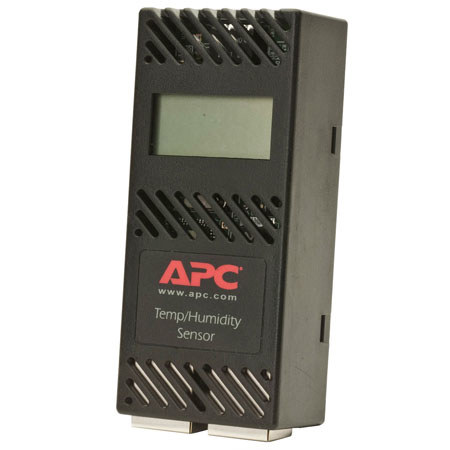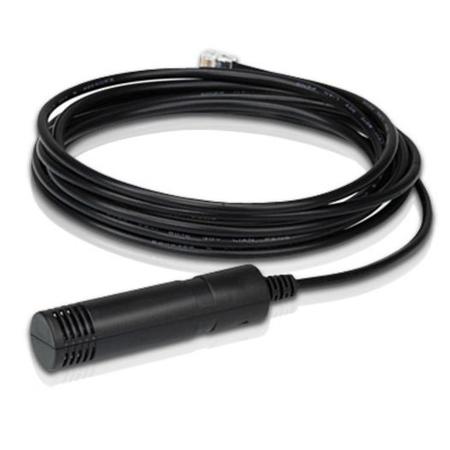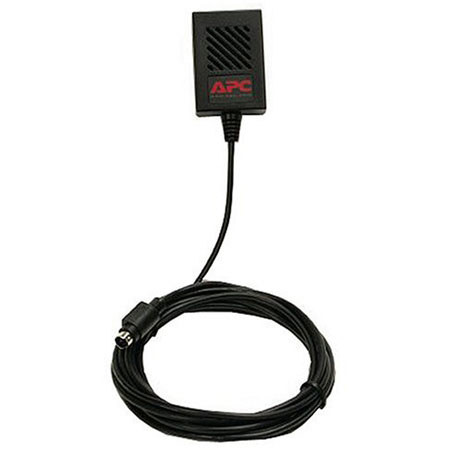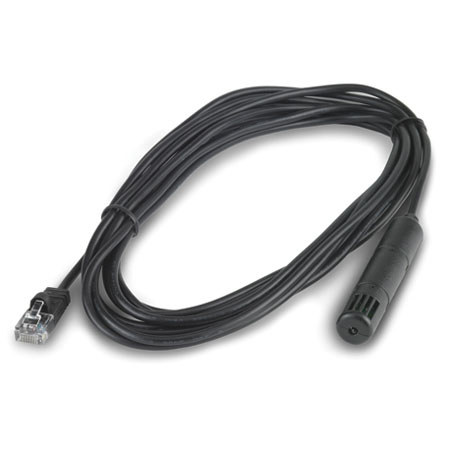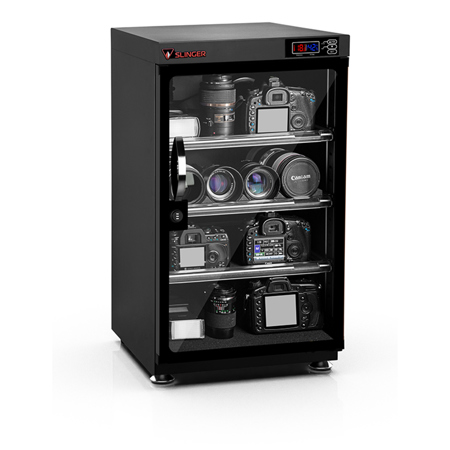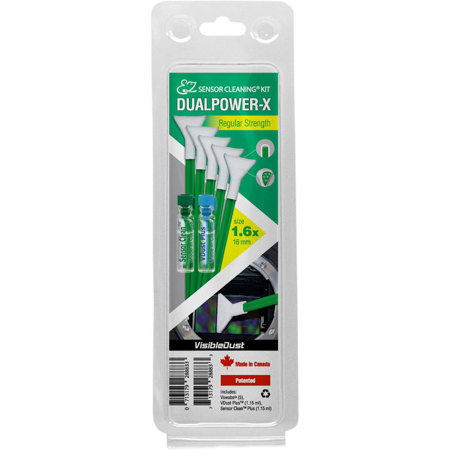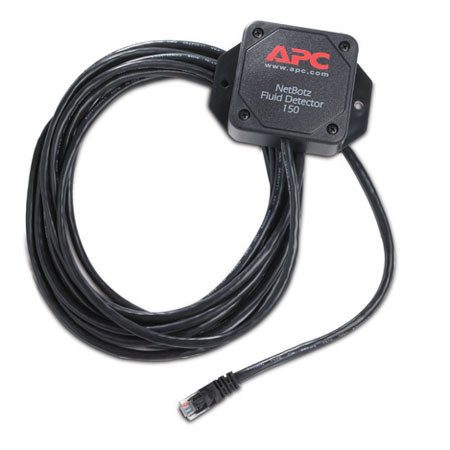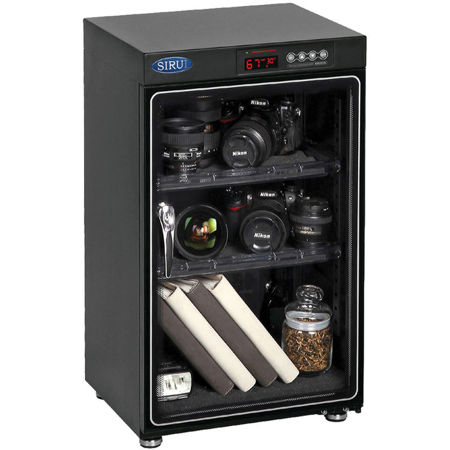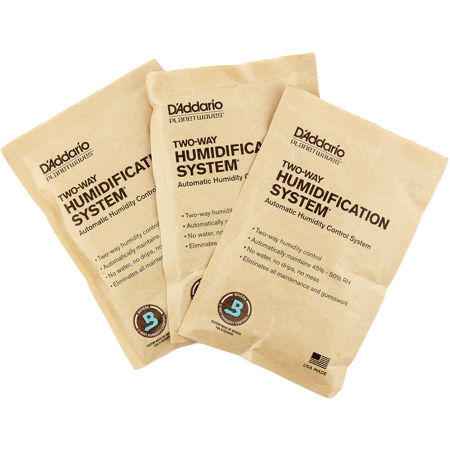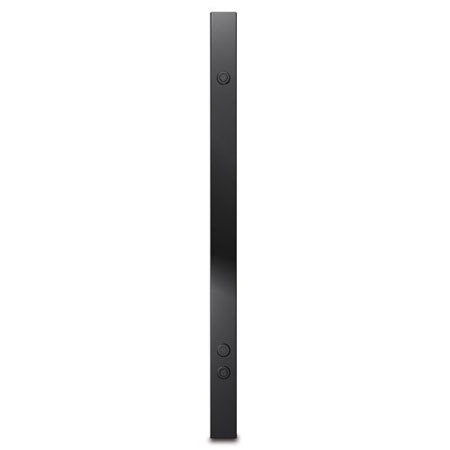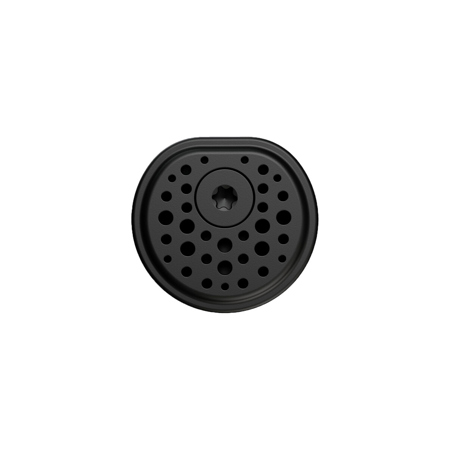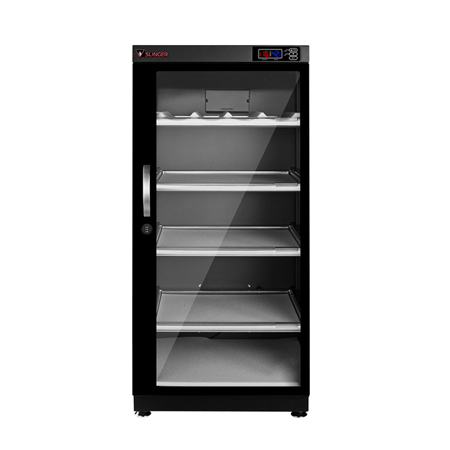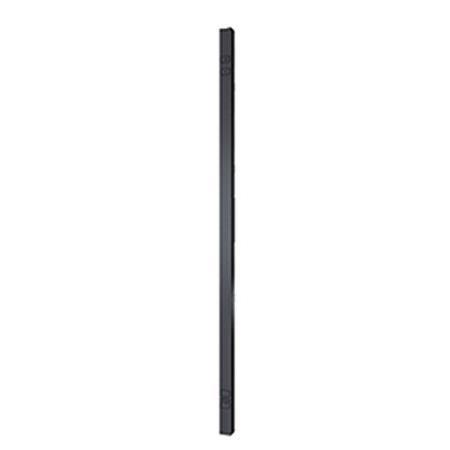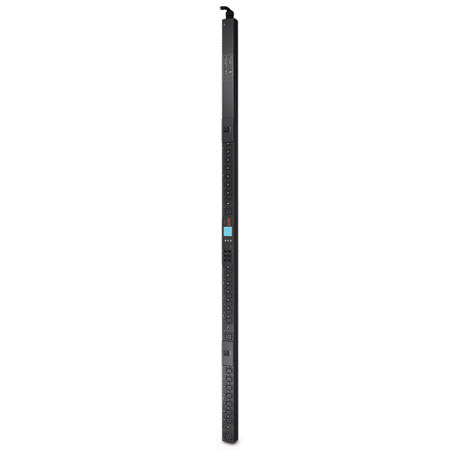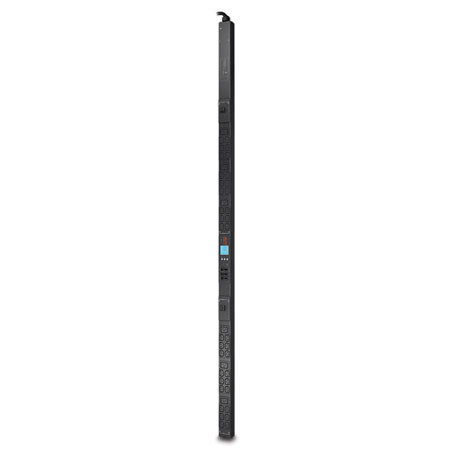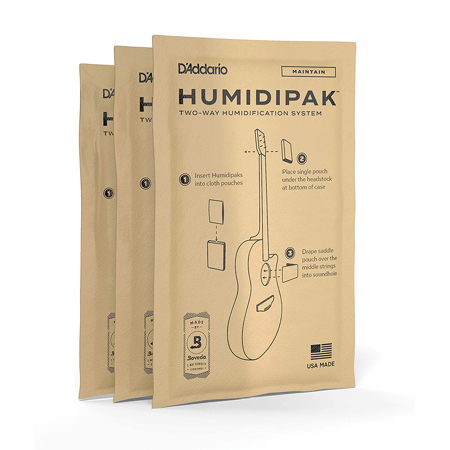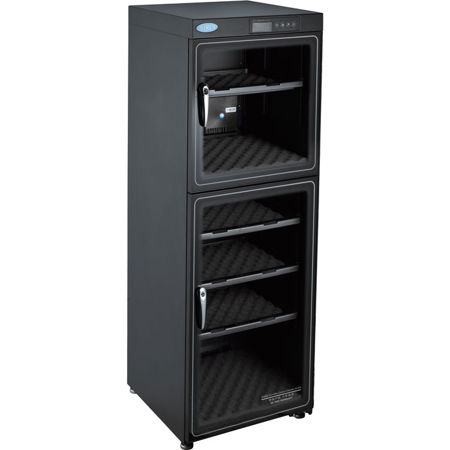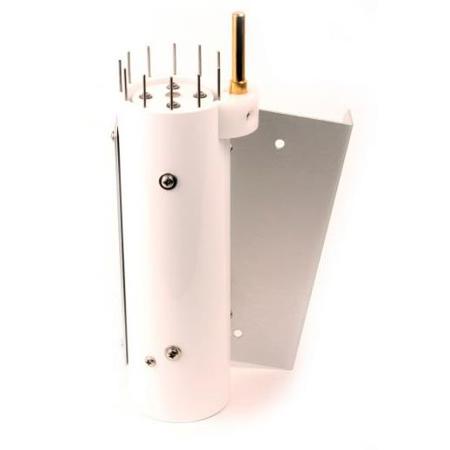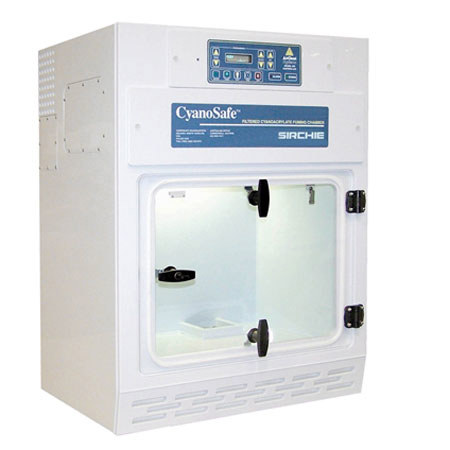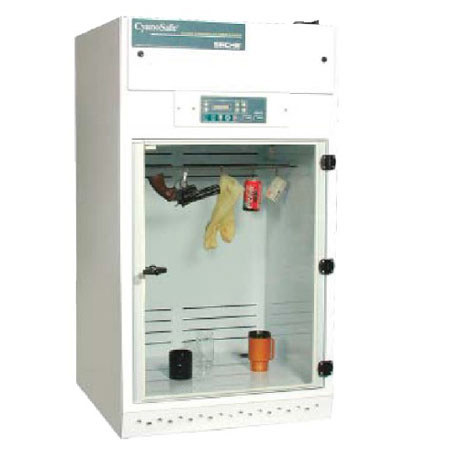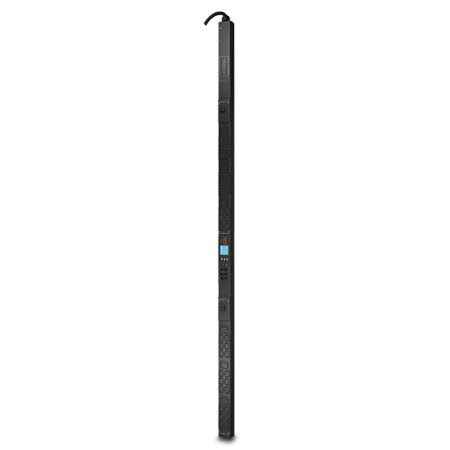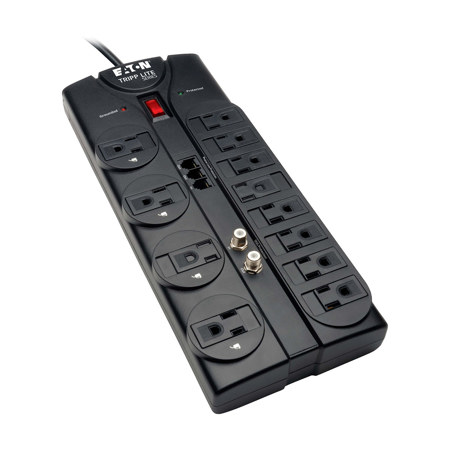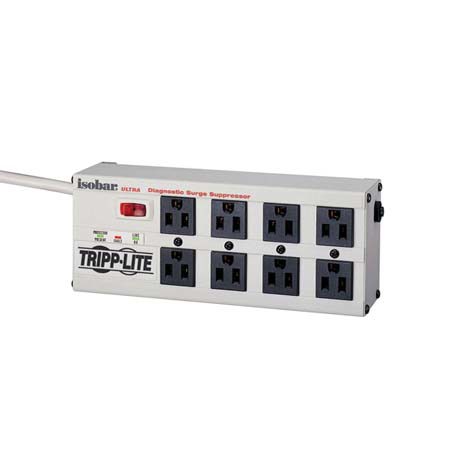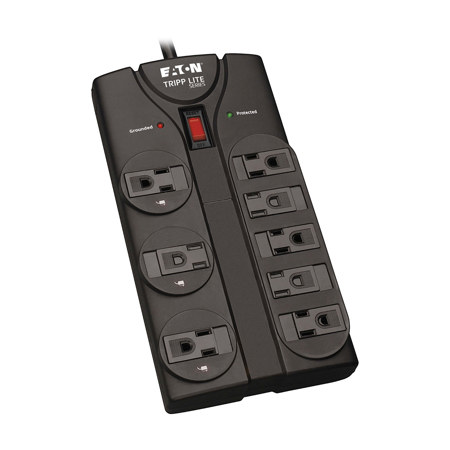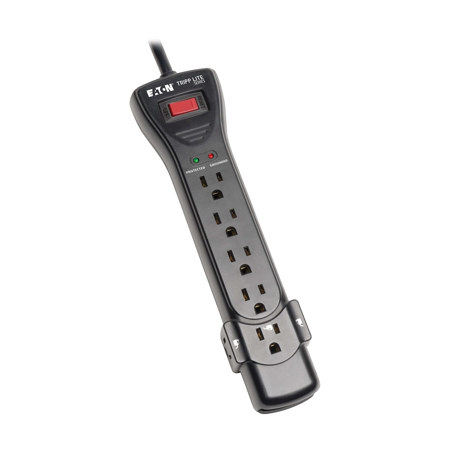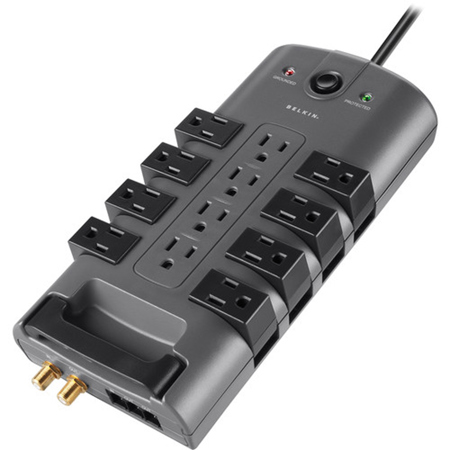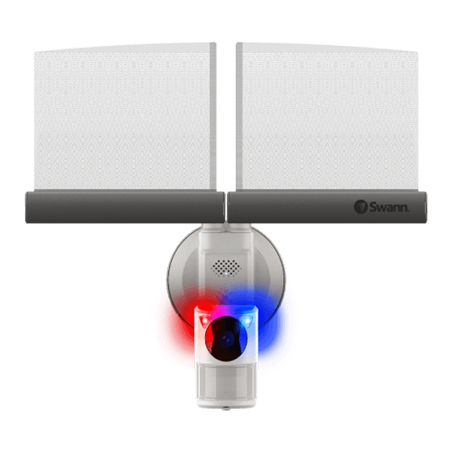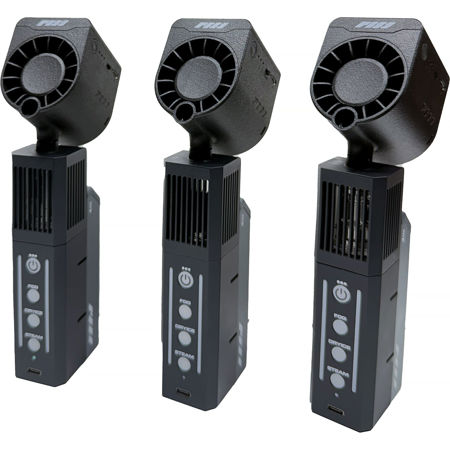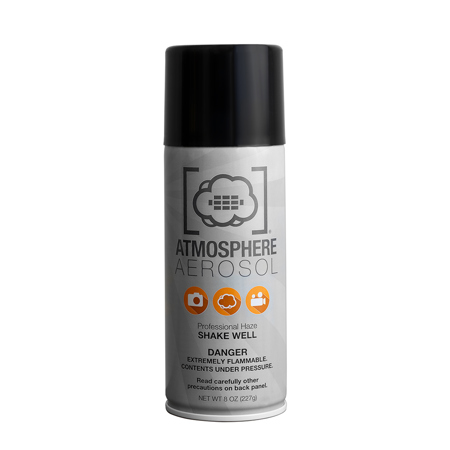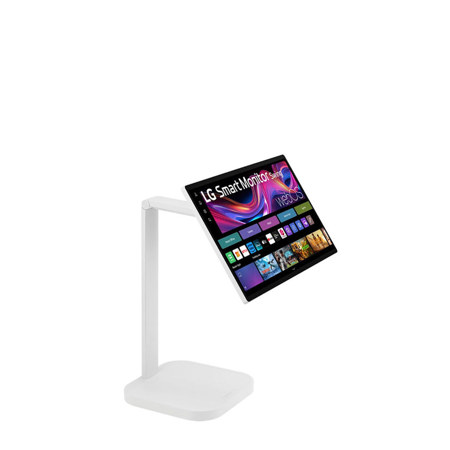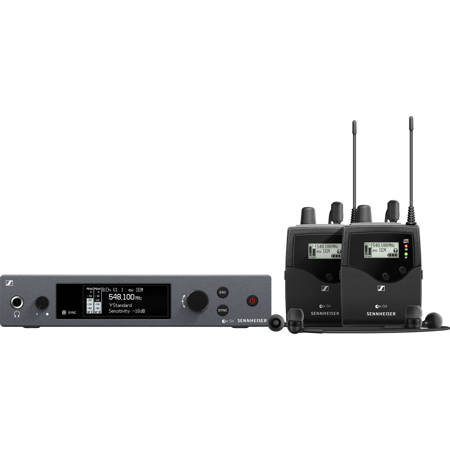Humidity Sensors
Humidity sensors have become indispensable tools in a wide range of environments, from bustling industrial facilities to the comfort of modern homes. At their core, these sensors are designed to measure the amount of water vapor present in the air, usually expressed as relative humidity (%RH) or absolute humidity. The technology behind humidity sensors has evolved considerably, offering various methods of detection such as capacitive, resistive, and thermal conductivity sensing. Each method brings unique strengths, whether it’s the long-term stability of capacitive sensors for HVAC systems, the rapid response of resistive sensors in consumer electronics, or the precision of thermal conductivity sensors in specialized industrial applications. As February’s chill lingers and indoor heating systems work overtime, maintaining optimal humidity levels becomes especially crucial. Dry winter air can sap moisture from wood, paper, and even musical instruments, while excess humidity can lead to condensation or mold growth in poorly ventilated spaces. For photographers, audio engineers, or anyone protecting sensitive equipment, a reliable humidity sensor is a silent guardian, alerting you to subtle changes that could impact your gear’s longevity and performance.
Selecting the right humidity sensor involves careful consideration of the intended application and environment. For smart home enthusiasts, compact digital sensors can seamlessly integrate with automation systems, providing real-time data to maintain comfort and protect valuables. Industrial users often require rugged, high-precision sensors capable of withstanding harsh conditions, complete with features like IP-rated enclosures and advanced output options for seamless integration with building management systems. Automotive applications benefit from sensors that detect dew or fog accumulation, enhancing safety by ensuring clear visibility for cameras and windshields. When gifting a humidity sensor, consider the recipient’s interests—musicians, archivists, and hobbyists who cherish vintage books or film will appreciate the peace of mind that comes with precise environmental monitoring. Even gardeners and houseplant enthusiasts find value in tracking humidity to nurture delicate flora, especially during the dry winter months when indoor air can quickly become parched. In every scenario, accuracy, durability, and ease of integration are key factors, whether you’re monitoring a single room, an entire warehouse, or a cherished collection.
Integrating humidity sensors into broader home security or automation setups is becoming increasingly popular, as more people seek holistic solutions for comfort, safety, and efficiency. Many modern sensors offer digital outputs compatible with smart controllers, making it easy to automate humidifiers, dehumidifiers, or ventilation systems based on real-time readings. For those building a comprehensive smart home ecosystem, pairing humidity sensors with other environmental monitors—such as temperature, air quality, or motion detectors—creates a robust shield against the unexpected. To explore complementary technologies that can further enhance your home’s protection and intelligence, visit our curated selection of Smart Home Security Sensors. Whether you’re safeguarding priceless equipment, creating a healthier living space, or simply striving for greater peace of mind, the right humidity sensor is a small investment that pays dividends in comfort, preservation, and control.
Selecting the right humidity sensor involves careful consideration of the intended application and environment. For smart home enthusiasts, compact digital sensors can seamlessly integrate with automation systems, providing real-time data to maintain comfort and protect valuables. Industrial users often require rugged, high-precision sensors capable of withstanding harsh conditions, complete with features like IP-rated enclosures and advanced output options for seamless integration with building management systems. Automotive applications benefit from sensors that detect dew or fog accumulation, enhancing safety by ensuring clear visibility for cameras and windshields. When gifting a humidity sensor, consider the recipient’s interests—musicians, archivists, and hobbyists who cherish vintage books or film will appreciate the peace of mind that comes with precise environmental monitoring. Even gardeners and houseplant enthusiasts find value in tracking humidity to nurture delicate flora, especially during the dry winter months when indoor air can quickly become parched. In every scenario, accuracy, durability, and ease of integration are key factors, whether you’re monitoring a single room, an entire warehouse, or a cherished collection.
Integrating humidity sensors into broader home security or automation setups is becoming increasingly popular, as more people seek holistic solutions for comfort, safety, and efficiency. Many modern sensors offer digital outputs compatible with smart controllers, making it easy to automate humidifiers, dehumidifiers, or ventilation systems based on real-time readings. For those building a comprehensive smart home ecosystem, pairing humidity sensors with other environmental monitors—such as temperature, air quality, or motion detectors—creates a robust shield against the unexpected. To explore complementary technologies that can further enhance your home’s protection and intelligence, visit our curated selection of Smart Home Security Sensors. Whether you’re safeguarding priceless equipment, creating a healthier living space, or simply striving for greater peace of mind, the right humidity sensor is a small investment that pays dividends in comfort, preservation, and control.
